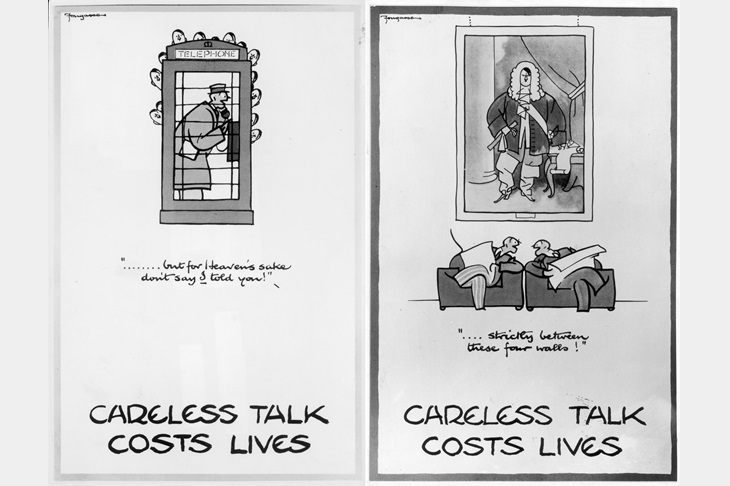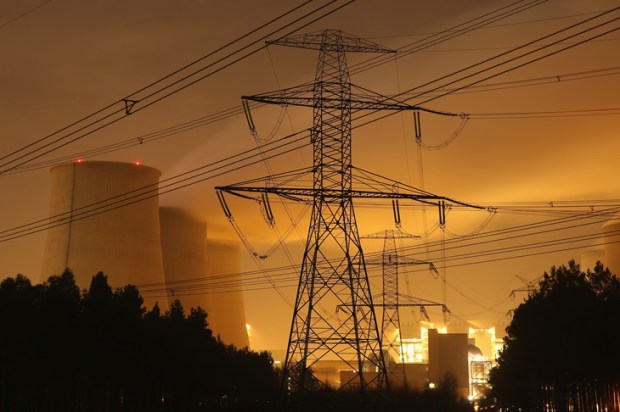This week, ASIO’s Mike Burgess announced in his annual report to Parliament that several years ago they had uncovered and disrupted a spy network. He further divulged that a former parliamentarian had sold out their country.
Leaving aside the question of why Burgess felt compelled to reveal this factoid while keeping the name of the parliamentarian to himself, a bigger question remains… Is Australia’s sovereignty still intact? Was it ever? Have we been betrayed irredeemably?
I’ve recently finished reading a ripping spy novel which I picked up as some light relief from other genres that have been occupying me lately.
Already a subscriber? Log in
Subscribe for just $2 a week
Try a month of The Spectator Australia absolutely free and without commitment. Not only that but – if you choose to continue – you’ll pay just $2 a week for your first year.
- Unlimited access to spectator.com.au and app
- The weekly edition on the Spectator Australia app
- Spectator podcasts and newsletters
- Full access to spectator.co.uk


























Comments
Don't miss out
Join the conversation with other Spectator Australia readers. Subscribe to leave a comment.
SUBSCRIBEAlready a subscriber? Log in